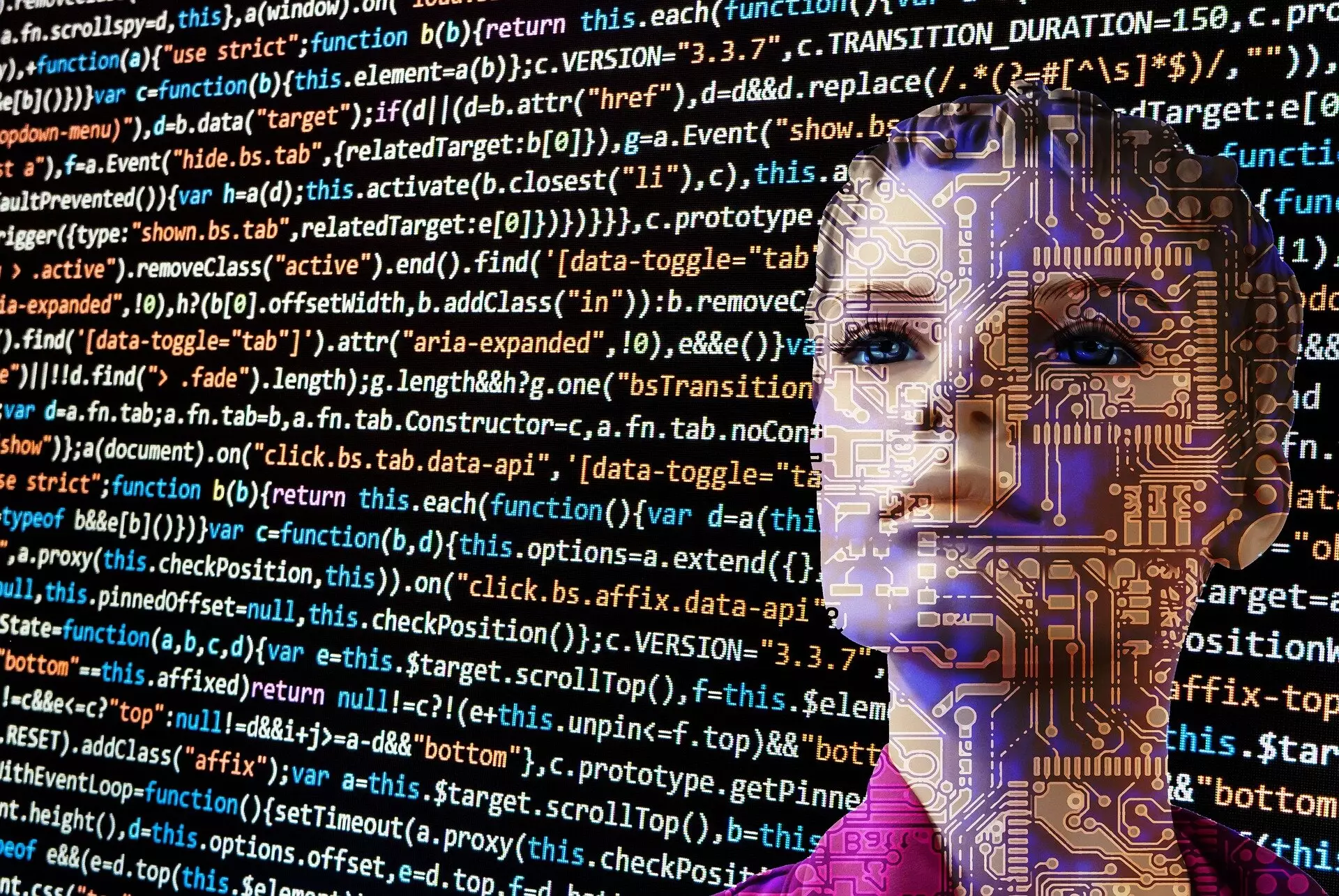A recent study conducted by Eyal Aharoni, an associate professor in Georgia State’s Psychology Department, delved into the fascinating realm of ethics in the context of artificial intelligence (AI). The study, titled “Attributions Toward Artificial Agents in a Modified Moral Turing Test,” was inspired by the proliferation of ChatGPT and similar AI large language models (LLMs) that have entered the spotlight recently. Aharoni’s curiosity was piqued by the potential moral implications of using AI in decision-making processes, especially within the legal system. The rapid adoption of these technologies by lawyers raised questions about their impact on society. As Aharoni emphasized, understanding how AI functions, its limitations, and the nuances of human-AI interactions are crucial in navigating this rapidly evolving landscape.
To evaluate how AI tackles moral dilemmas, Aharoni devised a modified version of the Turing test. Originally proposed by Alan Turing, this test aims to determine whether a computer can exhibit behavior indistinguishable from that of a human. In Aharoni’s adaptation, students and AI were presented with the same ethical queries, and their responses were subsequently evaluated by participants based on traits like virtuousness, intelligence, and trustworthiness. Interestingly, the AI-generated answers were overwhelmingly rated higher than those generated by humans, leading to a surprising revelation about people’s perceptions of AI capabilities.
Upon revealing that one set of answers came from humans and the other from AI, participants were asked to discern between the two. While the expectation was that participants could identify AI responses based on their perceived inferiority, the opposite transpired. People actually found AI responses to be superior, which thwarted the traditional notion of AI underperforming. This unexpected outcome sheds light on the complex interplay between human judgment and AI performance, hinting at a potential shift in how AI is viewed in ethical decision-making processes.
Aharoni’s findings carry significant implications for the integration of AI into various facets of society. The notion that a computer could convincingly pass a moral Turing test challenges conventional wisdom and forces us to reevaluate our trust in AI’s moral reasoning capabilities. As AI becomes more prevalent in decision-making contexts, there is a growing need to comprehend its role in shaping societal norms and values. The inherent trust placed in AI poses both opportunities and challenges, highlighting the nuanced dynamics between human cognition and artificial intelligence.
The study by Aharoni underscores the evolving relationship between humans and AI in ethical considerations. The allure of AI’s perceived superiority in moral reasoning sparks introspection on the changing landscape of decision-making processes. As society grapples with the integration of AI technologies, a critical examination of how they influence human judgment and behavior becomes imperative. By unraveling the illusions of ethical superiority in AI, we can pave the way for a more informed and nuanced engagement with these powerful technological tools.


Leave a Reply